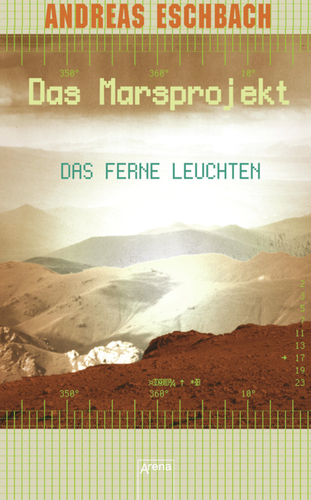
The way the writer portrayed the Carpet Makers and the higher Empire was similar to Iain M Banks’ conception of Azadians with their utopian ‘Culture’ in The Player of Games. There was an underlying melancholy in each story, characters were in perpetual conflict between faith and duty yet hope remained the dominant emotion, as author expanded his universe through the ‘merciless maelstrom of time’. Eschbach’s simplistic prose wasn’t lost in translation so much, I believe the reproduction might have even enhanced novel’s adapted fable structure. And it paid off really well.Įach chapter in this novel can be considered as a standalone story, and maintains subtle continuity with others in premises and characters. The mystery of carpet business had me hooked, but the desire to see how this medieval fable would fit into the genre of science fiction lured me deeper into the story. As far as Yannahochian narrative is concerned, the existence of the Empire or any Empire or even other planets are mere speculations, for readers, as much as it is for fundamentalists and heretics of the planet. This planet, G-101/2 in the Gheera galaxy, comprises of traditional carpet weavers who consider it their sacred duty to create carpets using nothing but hairs of their wives and daughters. Our introduction to the Intergalactic Empire is through Yannahochia, a planet of Carpet Makers where the caste system is more rigid than that in Manusmriti. The novel opens with an archaic tale, one reminiscent of One Thousand and One Arabian Nights, in premise and narrative. Like Guin, Andrea Eschbach constructs an alternate universe in The Carpet Makers, which is a reflection of the world we think we have left behind, yet latently existing within ourselves.


A novelist, knowingly or unknowingly, invents elaborate circumstantial lies to describe certain aspects of our psychological reality with metaphors. In an introduction to the 1976 edition of The Left Hand of Darkness, Ursula K Le Guin wrote that the genre of science fiction was descriptive, not predictive.


 0 kommentar(er)
0 kommentar(er)
